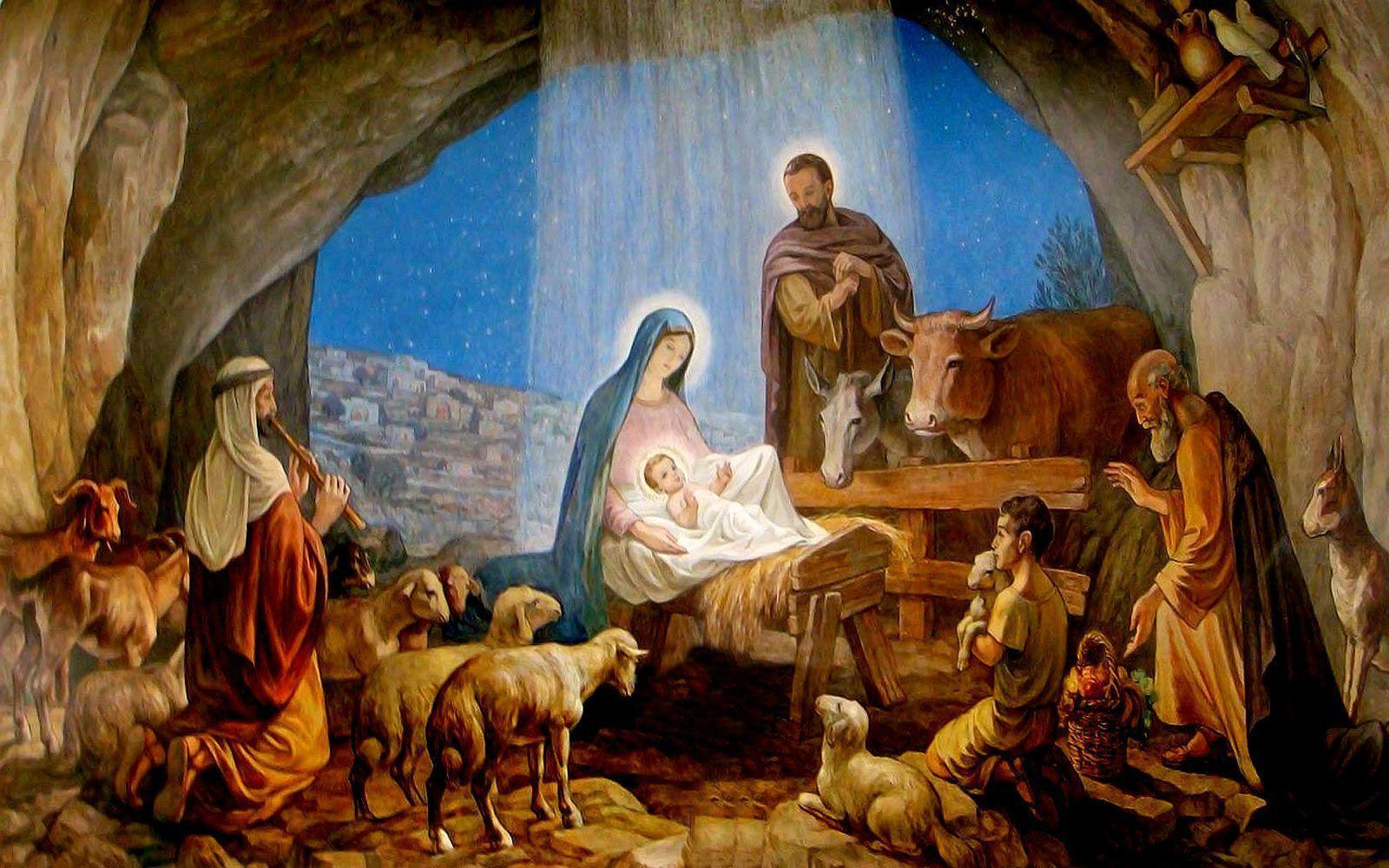Meditation
for Thursday of the Sixth Week in Ordinary Time
(Gen
9:1-13; Mk 8:27-33)
Let us meditate on the new relationship God established with Noah and his descendants. Now Noah became the father of the new generation of man, washed clean through the waters. God renewed in him the command He gave the first man after creation. In the Covenant with Noah, God would sustain the new generation of man thus formed. In other words, the survival of Noah’s generation and their escape from destruction would hinge on the covenant, never on the strength of their personal righteousness. That means the new generation of man, washed clean of evil and corruption, are to be identified as people of the covenant.
As we pause in silence, and gaze on the beauty of God’s
covenant with Noah, we see Jesus, in whom is the perfect covenant for the new
generation of man, washed clean through the waters of regeneration. The cross
of Jesus, lifted up, becomes the perfect ‘bow in the sky’ that guarantees our
survival and escape from destruction. Above all, in Him the perfect new
generation of man is born. “Therefore,
if anyone is in Christ, he is a new creation. The old has passed away; behold,
the new has come” (2 Cor 5:17). And the newness is gives is ever new.
In the gospel, the identity of
Jesus was revealed as Peter answered him, “You are the Christ.” Immediately Jesus
began to introduce them to His cross, saying, “The Son of man must suffer many
things, and be rejected...” We see at once how the cross is part of identity of
the Christ. Just as the bow in the sky was important for the covenant that defined
the new generation of man through Noah, so also the Cross is the banner that
defines the new life we have in Christ Jesus. What was prefigured through Noah,
has been perfected in Jesus Christ, in whom God and man is reconciled, and
through whom man is given dominion over the earth, and care for his brothers
and sisters. Amen.
Fr Jude Chinwenwa Nwachukwu, C.Ss.R
Saints Peter and Paul, Catholic
Church,
Tedi-Muwo, Ojo, Lagos.
Thursday February 16th,
2023.






